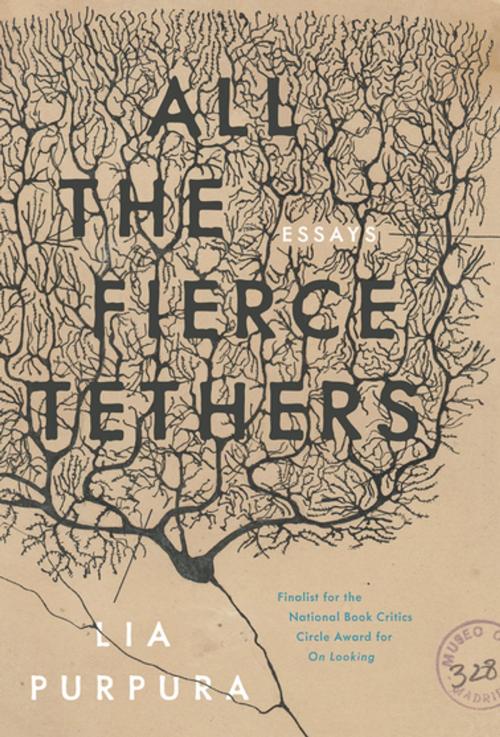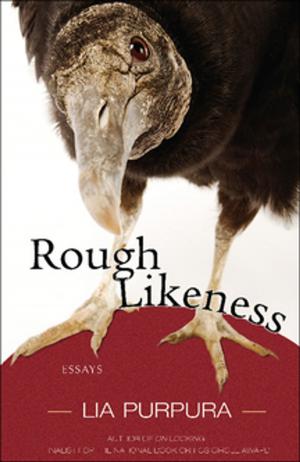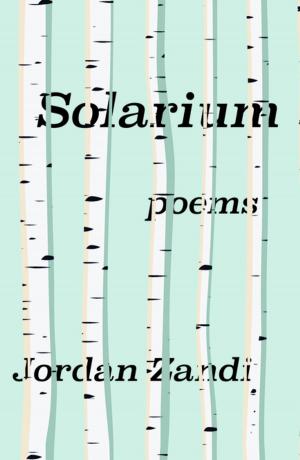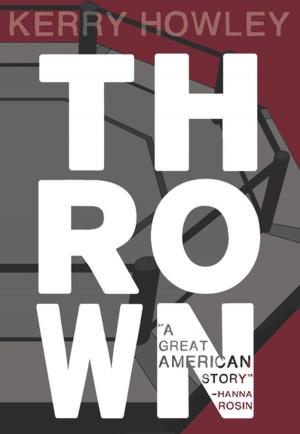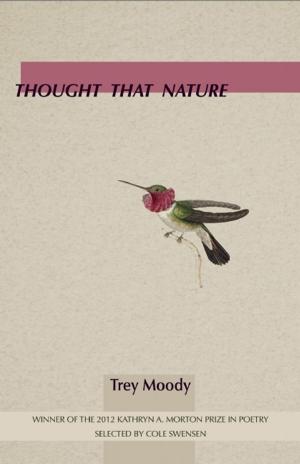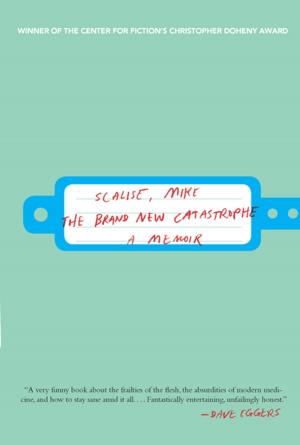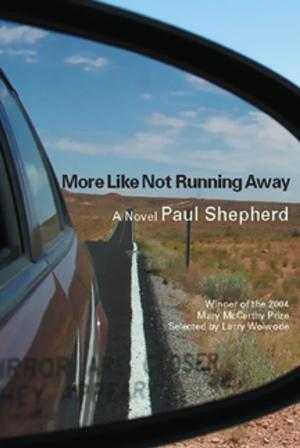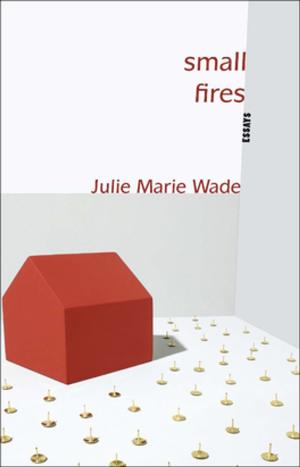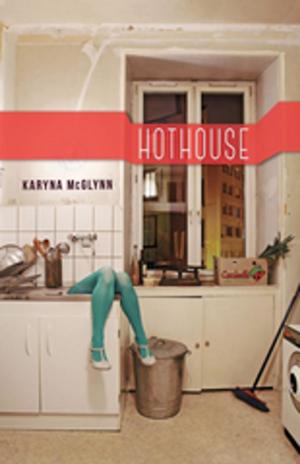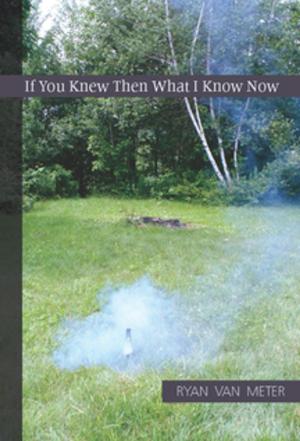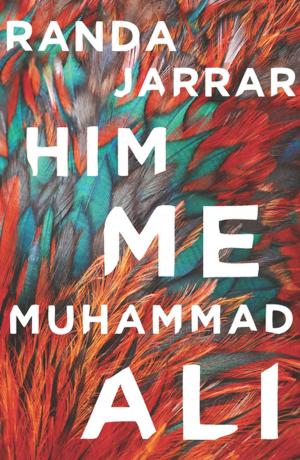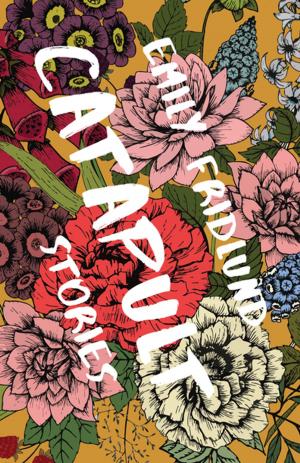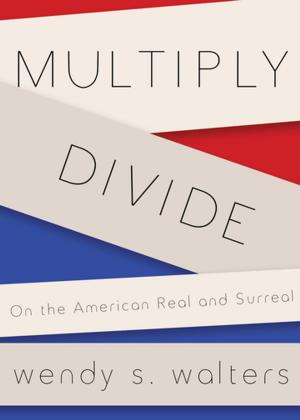All the Fierce Tethers
Fiction & Literature, Essays & Letters, Essays, Nonfiction, Science & Nature, Nature, Literary Theory & Criticism| Author: | Lia Purpura | ISBN: | 9781946448316 |
| Publisher: | Sarabande Books | Publication: | April 9, 2019 |
| Imprint: | Sarabande Books | Language: | English |
| Author: | Lia Purpura |
| ISBN: | 9781946448316 |
| Publisher: | Sarabande Books |
| Publication: | April 9, 2019 |
| Imprint: | Sarabande Books |
| Language: | English |
Readers familiar with Lia Purpura’s highly praised essay collections—Becoming, On Looking, and Rough Likeness—will know she’s a master of observation, a writer obsessed with the interplay between humans and the things they see. The subject matter of All the Fierce Tethers is wonderfully varied, both low (muskrats, slugs, a stained quilt in a motel room) and lofty (shadows, prayer, the idea of beauty). In “Treatise Against Irony,” she counters this all-too modern affliction with ferocious optimism and intelligence: “The opposite of irony is nakedness.” In “My Eagles,” our nation’s symbol is viewed from all angles—nesting, flying, politicized, preserved. The essay in itself could be a small anthology. And, in a fresh move, Purpura turns to her own, racially divided Baltimore neighborhood, where a blood stain appears on a street separating East (with its Value Village) and West (with its community garden). Finalist for the National Book Critics Award, winner of the Pushcart Prize, Lia Purpura returns with a collection both sustaining and challenging.
Readers familiar with Lia Purpura’s highly praised essay collections—Becoming, On Looking, and Rough Likeness—will know she’s a master of observation, a writer obsessed with the interplay between humans and the things they see. The subject matter of All the Fierce Tethers is wonderfully varied, both low (muskrats, slugs, a stained quilt in a motel room) and lofty (shadows, prayer, the idea of beauty). In “Treatise Against Irony,” she counters this all-too modern affliction with ferocious optimism and intelligence: “The opposite of irony is nakedness.” In “My Eagles,” our nation’s symbol is viewed from all angles—nesting, flying, politicized, preserved. The essay in itself could be a small anthology. And, in a fresh move, Purpura turns to her own, racially divided Baltimore neighborhood, where a blood stain appears on a street separating East (with its Value Village) and West (with its community garden). Finalist for the National Book Critics Award, winner of the Pushcart Prize, Lia Purpura returns with a collection both sustaining and challenging.
